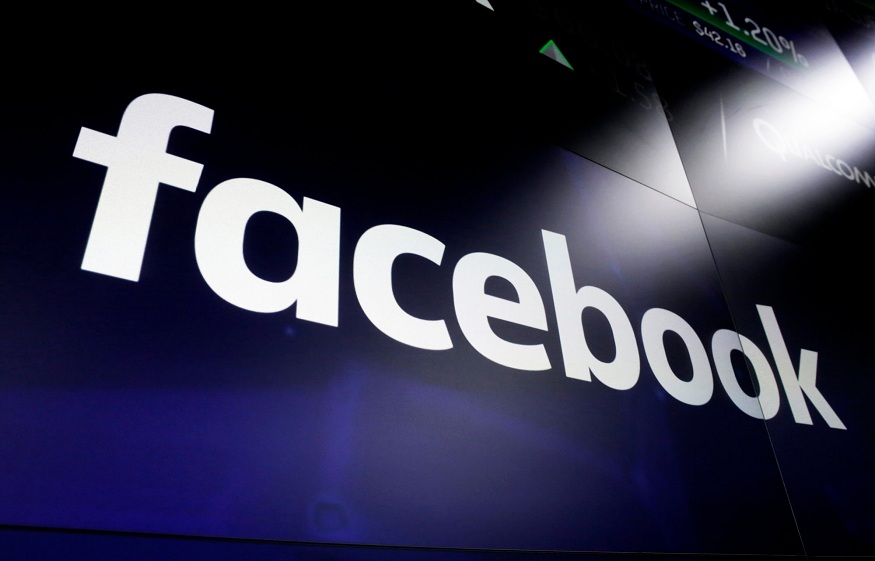Introduction
According to Matt Davies Stockton, more than half of the world now uses social media. That means around 4.6 billion users have a social media app on their phones and Facebook has around 2.9 billion of that share. Let’s check out why more countries are banning or heavily restricting Facebook.
The Reasons
1.Role of social media in modern society –
The average person spends around 2 hours every day on social media. Apart from providing entertainment, social media platforms also act like modern town halls where you can share information and exercise your free speech. It also allows people to organize events and allow you to stay connected with friends and family no matter where you are.
However, social media platforms like Facebook have also caused mental health issues, and addiction, been tools for propaganda and misinformation, and have made society more polarized. That’s why governments of all forms and from all sides of the spectrum have tried restricting or banning social media platforms. Even the US and Europe have been considering regulating Facebook and other social media platforms for a few years.
2. Authoritarian regimes are panicking –
Privacy is becoming a rare commodity nowadays since fewer people have it each year. By now, everyone knows that social media platforms often like to be in bed with the government. When Edward Snowden revealed the NSA bombshell in 2013, digital privacy became a hot topic.
Social media platforms like Facebook have also enabled protesters to organize and take down authoritarian regimes. For instance, Wael Goonim’s Facebook page that aimed to share information about abuses committed by the regime of Hosni Mubarak in Egypt saw a massive growth of over 100,000 users. Over the next few months, the page saw users from Tunisia and eventually, it led to the fall of the Tunisian regime of that time. Goonim, later on, used the page to organize a massive protest to take down Mubarak’s regime.
After that, the protests spread to Libya, Yemen, Syria, Bahrain, and the Arab Spring was born. People haven’t forgotten the data harvests done on millions of Facebook users by Cambridge Analytica to influence US and Indian elections either. So, the panic is obvious when a social media platform allows you leverage to elect the next leader of a country.
3. Biased Self-censorship –
Facebook, Twitter, and other social media platforms have also been self-censoring their platforms. Some of it is to protect children and prevent piracy while others are quite political and ideological in nature. For instance, they have been accused of censoring conservatives on their platform and enforcing their own ideologies instead of being a neutral platform. All that government backlash on Facebook doesn’t attract any public sympathy either due to the numerous privacy breaches over the years.
Conclusion
Matt Davies Stockton believes that apart from privacy concerns in the West, Facebook is also seen as a threat by governments that are more authoritarian and want more control over their people. That’s why many governments are enforcing more restrictions on social media platforms while countries like China, Iran, Russia, and North Korea have entirely banned Facebook.

